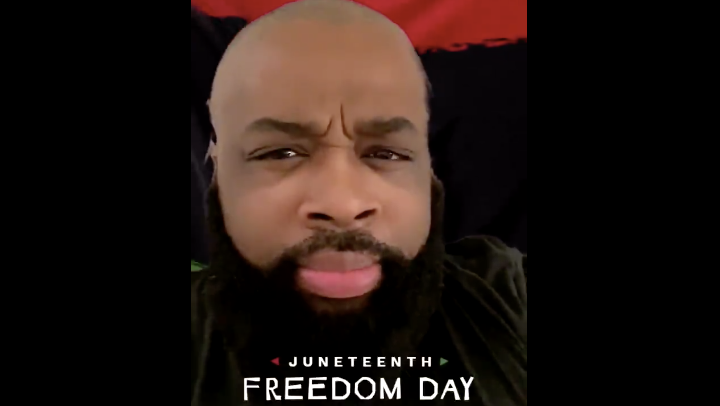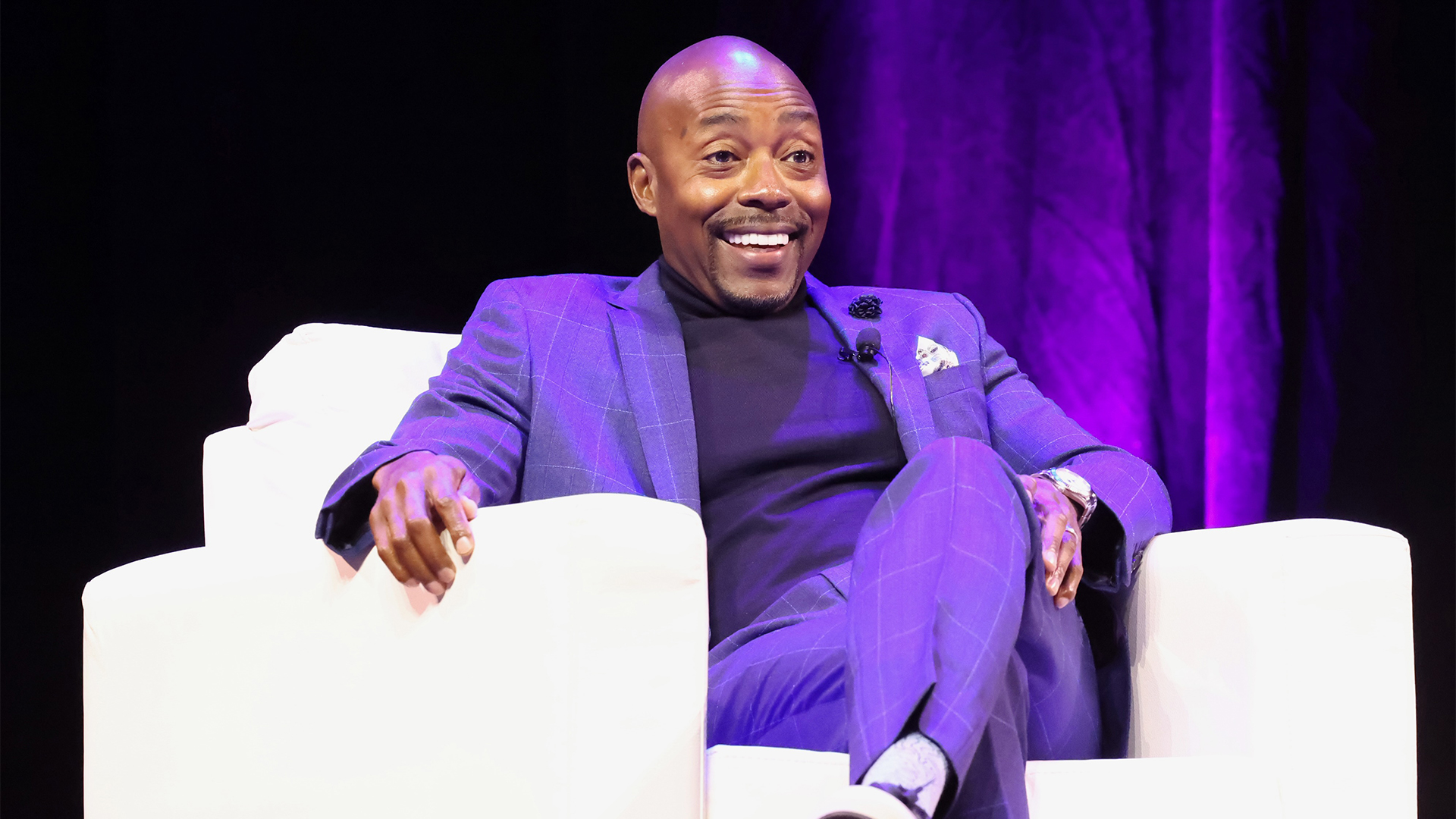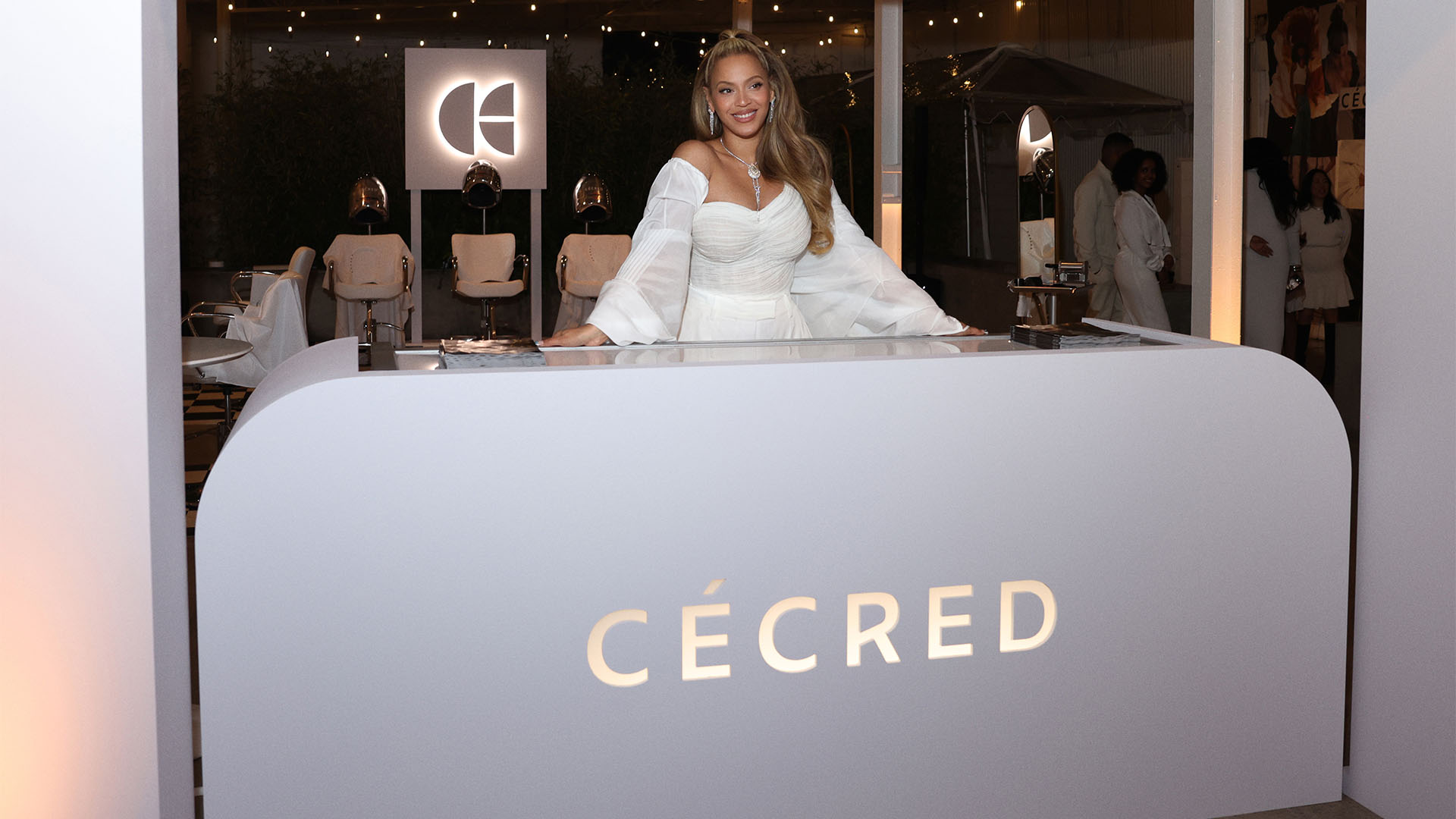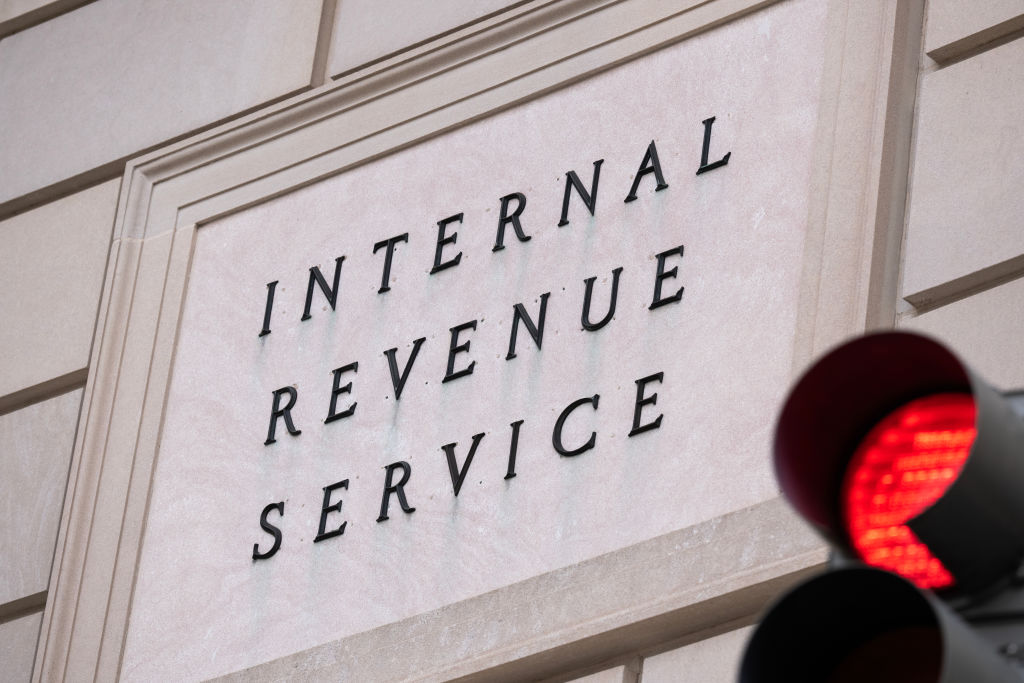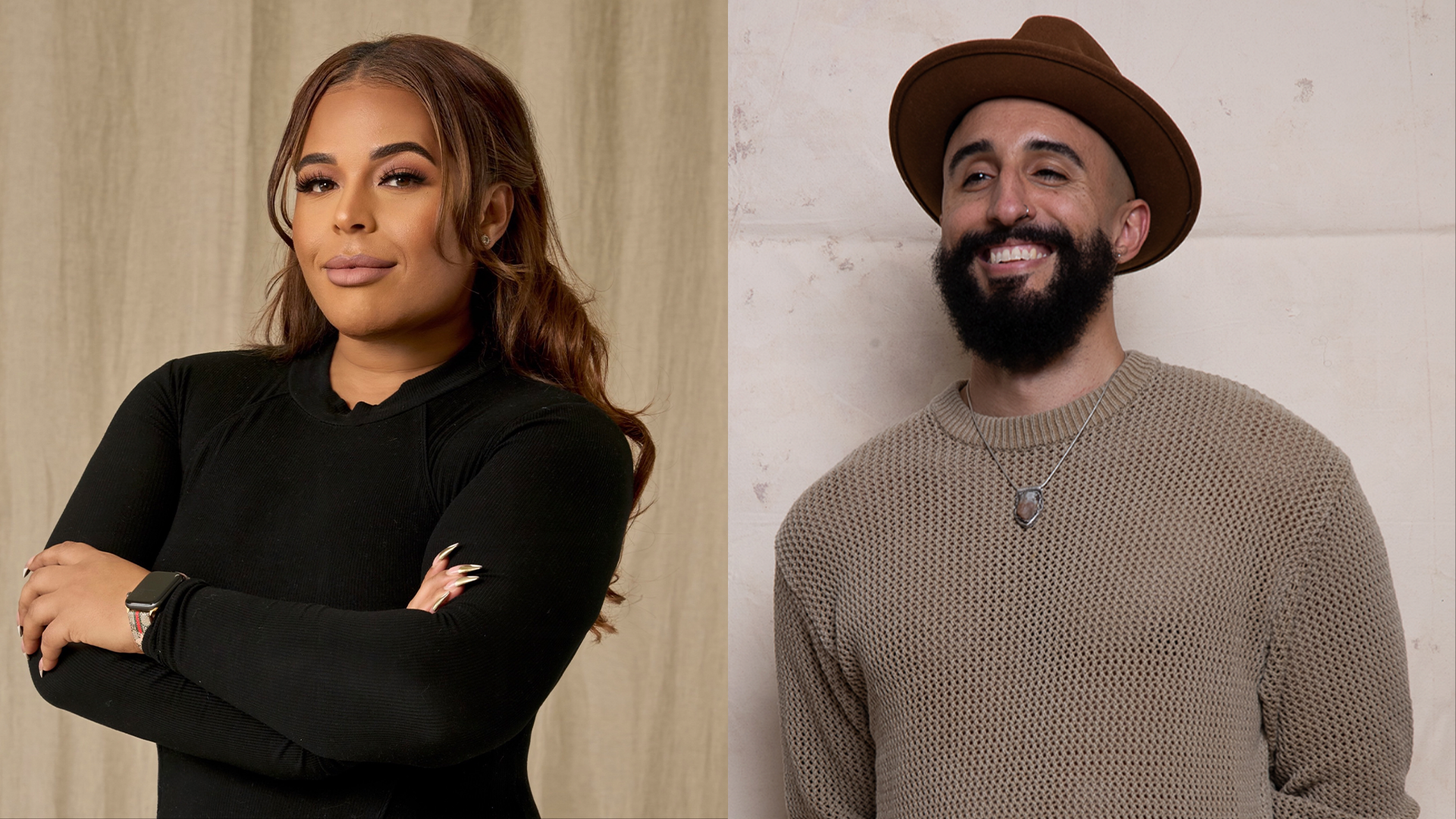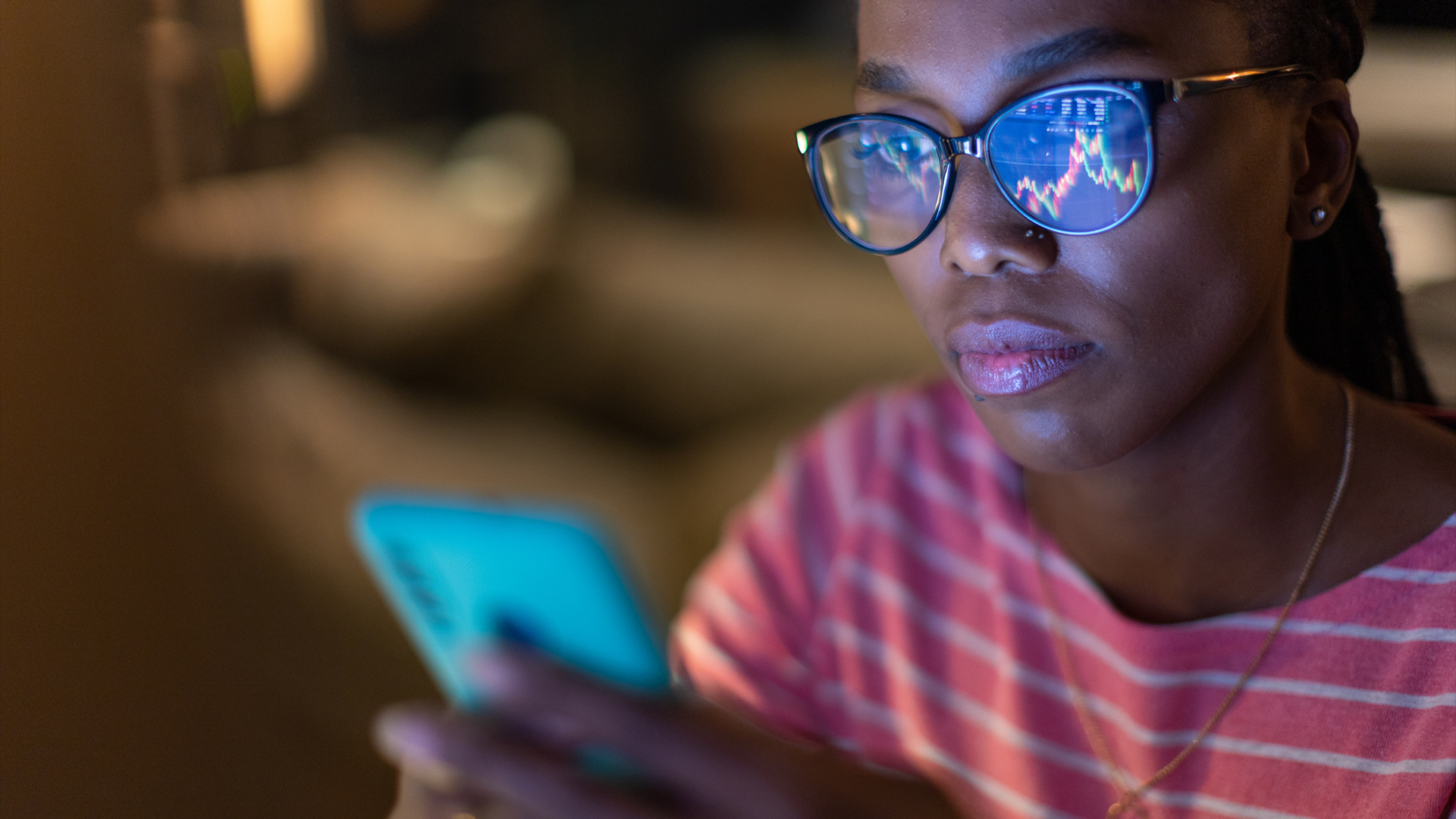As social media giants like Instagram have partnered with Black artists and creatives to ignite the message behind Juneteenth, other social channels should have probably done the same.
Today, as we were getting ready to kick off the festivities to celebrate Juneteenth, the day that commemorates the last slaves being freed in the United States, Snapchat was gearing up to issue an apology.
After a filter that previously read “Juneteenth Freedom Day” and encouraged you to “smile” to break chains in the background went viral, the company realized they missed the mark.
Mark Luckie, both a digital strategist and journalist, noticed the filter and tweeted, “This SnapChat #Juneteenth filter is…um…interesting,” before it shortly went viral.
This SnapChat #Juneteenth filter is…um…interesting.
Smile to break the chains? Okay then. pic.twitter.com/Wyob3kT3ew
— Mark S. Luckie (@marksluckie) June 19, 2020
Other users shared their thoughts and reactions as well before Snapchat dropped the filter from the app and issued a statement.
Snapchat put out a filter where you smile and fucking chains break for Juneteenth??????????? If anyone ever has questions of why diversity in executive leadership/creative matters this is a PERFECT example
— Liam (@lconley55) June 19, 2020
https://twitter.com/_BodyBySunny/status/1273964545942458370?s=20
“We deeply apologize to the members of the Snapchat community who found this Lens offensive,” a company spokesperson told Variety. “A diverse group of Snap team members were involved in developing the concept, but a version of the Lens that went live for Snapchatters this morning had not been approved through our review process. We are investigating why this mistake occurred so that we can avoid it in the future.”
While the company said a “diverse group” was involved in the development process of the Lens, it seems the exact opposite. Former multimedia designer and developer, Ashten Winger, pointed out — via Twitter — that Snapchat’s lack of diversity may have been precisely the problem.
aaaand this is what happens when you don’t have any black people on the product design team. As a Snap alumni, this is extremely embarrassing. It doesn’t have to be this hard – how about an AR experience to inform your 229 million daily active users what Juneteenth is? @Snapchat https://t.co/XmVioMcj8B
— 𝙒𝙃𝙊𝙊𝙋𝙄 (@whoopthis) June 19, 2020
“this is what happens when you don’t have any black people on the product design team. As a Snap alumni, this is extremely embarrassing. It doesn’t have to be this hard — how about an AR experience to inform your 229 million daily active users what Juneteenth is?,” Winger tweeted.
Just last week Snapchat CEO Evan Spiegel said the company would not be releasing its employee diversity statistics.
“I’ve always been concerned that releasing that data publicly only reinforces the perception that tech is not a place for underrepresented groups,” Spiegel said, according to Business Insider.
With the irresponsibility behind filters such as the one released for Juneteenth, it may be clear why those numbers are not disclosed to the public.
Although issuing an apology was the right thing to do, I agree with Luckie. There must be actions to follow these mistakes, which include hiring Black people.
“Well many thanks to you @Snapchat,” Luckie tweeted. “Now hire more black people.”
